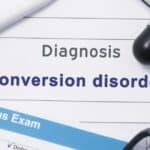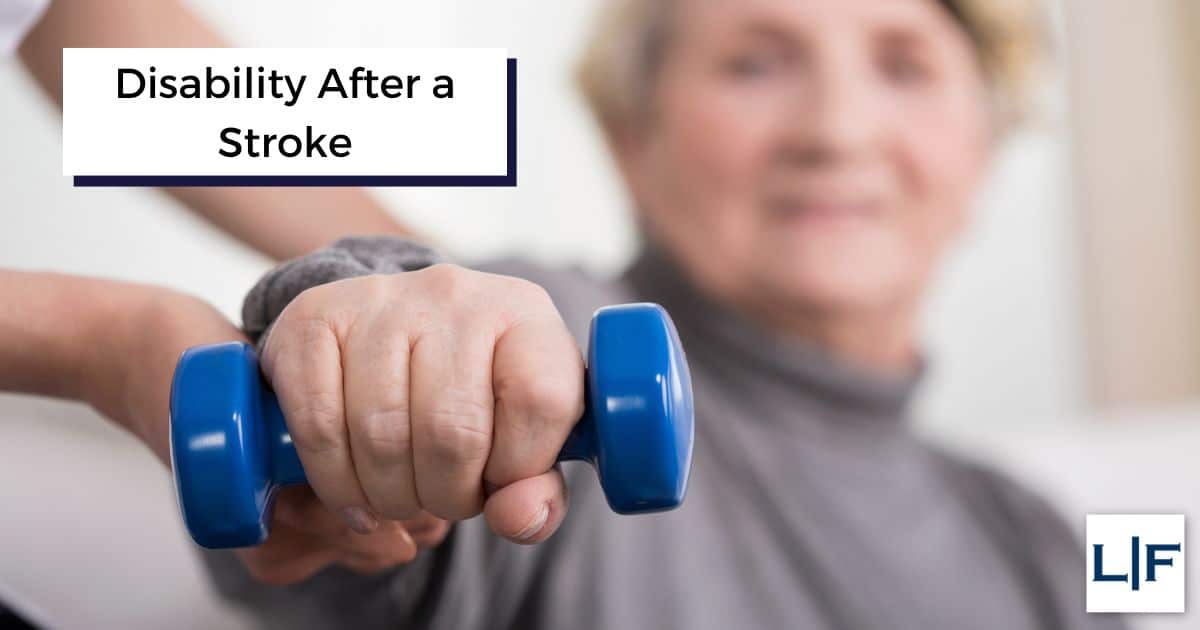Each year, approximately 800,000 Americans experience a stroke, reports the Centers for Disease Control and Prevention (CDC). Strokes are a leading cause of disability among adults, as they can limit mobility, cause muscle weakness, and make it difficult to communicate, see, or hear.
Many patients who suffer from a stroke are unable to work and therefore are unable to pay their medical bills or support their families. However, stroke victims may be eligible for Social Security Disability (SSDI) or Supplemental Security Income (SSI) benefits. The attorneys at Lunn & Forro, PLLC can help you obtain Social Security disability due to a stroke in Raleigh. Call today: 888-966-6566.
How can I qualify for Social Security benefits after a stroke?
The effects of a stroke can be severe and make holding a full-time position impossible. The SSDI program is one option for those who are unable to support themselves after a stroke. You may qualify for benefits based on your employment status and your medical condition.
Employment Status
To approve you for disability benefits, the Social Security Administration (SSA) will first need to look at whether you are eligible for benefits based on your current employment status. The SSA will consider:
- Your monthly earnings: If you are working, you may be eligible for benefits if you earn less than $1,170 per month.
- Your work credits: You will need to have obtained the appropriate number of work credits to be eligible for benefits. Your age, number of years worked, and the amount of money you contributed to the Social Security System will determine how many credits you have.
- Your ability to qualify through SSI: If you do not have enough credits, you may be able to qualify under the SSI program. Qualifications for SSI include a low income and less than $2,000 in assets (for an individual).
If you are eligible based on your employment and/or income status, the SSA will move on to the evaluation of your medical status. For the SSA to properly evaluate your claim, you will need to submit:
- Medical test results
- Hospital stay records
- Surgical notes
- Therapy records
- Other medical information
Medical Condition
When evaluating your medical condition, the SSA will first refer to the “Listing of Impairments.” If you do not qualify under a Blue Book listing, you may be able to qualify under a “medical vocational allowance.”
Blue Book Listing of Impairments
While strokes appear under the listing for Vascular Insult to the Brain (Sec. 11.04), not all strokes qualify under this listing. To qualify, you must be experiencing severe, long-lasting impairments or limitations as a result of your stroke. Under Section 11.04, you must have:
- Significant difficulties moving two or more extremities
- Severe impairment or complete loss of your ability to communicate (orally or through writing)
If you do not qualify under Section 11.04, you may be able to qualify under Sections 2.02, 2.03, 2.04 or 2.10 for vision or hearing loss. You may also be able to qualify under Section 12.00 for intellectual disabilities.
Medical Vocational Allowance
If you do not meet the severity criteria under a listing, you still may qualify under a medical vocational allowance.
You and your doctor can submit your medical records and a functional report questionnaire detailing medical treatments, test results, symptoms, and everyday difficulties that you face because of your stroke.
The SSA will use this information, as well as your age, education, job skills, and medical history, to perform a “residual functional capacity” assessment or RFC.
If the SSA finds that you are unable to work any job that you would have been able to do before the stroke, you may qualify for disability benefits under a medical vocational allowance.
Note: You must be unable to do your previous job and be unable to adjust to new work.
When will I receive a decision regarding my claim?
Those filing for benefits after a stroke may have to wait a little longer than those with other disabilities. The effects of a stroke may not be evident immediately after the stroke occurs and it is hard to know how a patient will recover.
For this reason, the SSA defers stroke-based disability claims for a minimum of three months to allow for a more accurate evaluation of the patient’s potential recovery.
The application and approval process for Social Security disability benefits can test the patience of stroke victims and their families. However, you can use this time to gather as much evidence as possible to prove your claim.
The worst part is that going through the process does not guarantee that you will receive the benefits you deserve. Without disability benefits, many families struggle to make ends meet. The disability attorneys at Lunn & Forro, PLLC are available to help you recover the compensation you are entitled to.
For more information on receiving SSD benefits after a stroke or for appealing a disability benefits denial, call 888-966-6566.
Related Posts

Can I Get Disability for Diabetes?
The short answer to the question is yes, there are people who receive Social Security disability benefits for diabetes. However, they do not get disability

Is Schizophrenia a Disability? – Social Security Disability Benefits
Schizophrenia is a severe mental illness that affects about 1 percent of the population. However, it tends to run in families so someone with a

Can You Get Disability for Conversion Disorder?
Conversion disorder is a mental illness that causes neurological symptoms, such as paralysis or hearing loss. It is one of several conditions that fall under

Getting Social Security Disability for a Mental Illness
There are various mental illnesses that can qualify someone for disability benefits. In fact, approximately one-third of disability beneficiaries received a mental disorder diagnosis in
Disability for Anxiety and Panic Attacks
Disability for anxiety and panic attacks is available to individuals who cannot work due to the severity of their symptoms. Panic disorders are not uncommon.
Is BPD a Disability? – Qualifying for Payment
Some people who suffer from Borderline Personality Disorder qualify for disability benefits. Personality disorders are characterized by unhealthy and rigid thoughts and behaviors that greatly
Is PTSD a Disability?
Post-traumatic stress disorder (PTSD), which can develop after exposure to an extremely traumatic event, is not uncommon. According to the Department of Veterans Affairs (VA),
Is an Eating Disorder a Disability?
Can I get disability for an Eating Disorder? Eating disorders can cause a host of mental, emotional, and physical symptoms that can lead to serious



